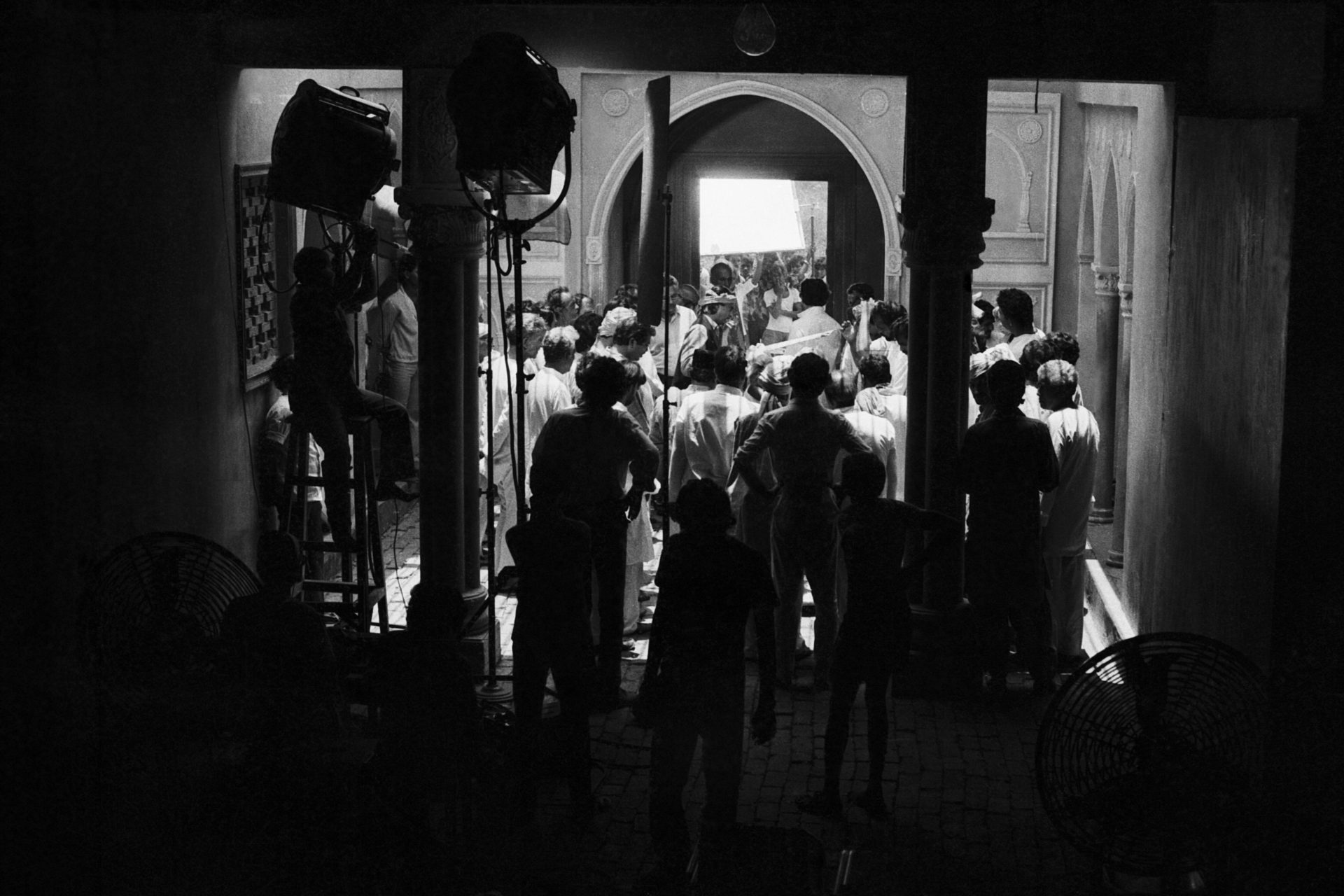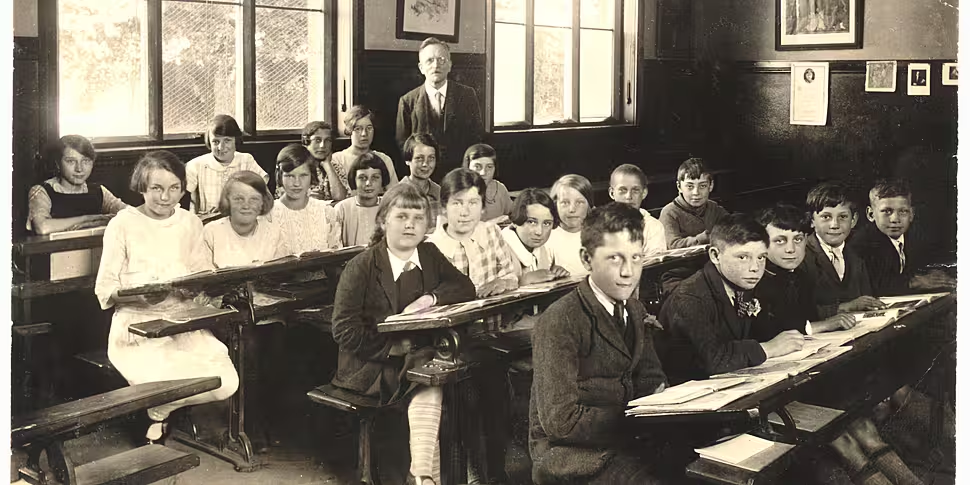A century ago, the Irish State embarked on a decades long quest to prevent people from viewing movies that portrayed nefarious topics such as co-education and ‘stage Irishness’.
In July 1923, the new Free State passed the Censorship of Films Act and established an office of Official Censor of Films and every single film shown in Irish cinemas had to be approved by them.
Dubliner James Montgomery was appointed and he quickly gained a reputation as “extraordinarily harsh” when it came to granting films a licence to be shown.
“He said at the time, he had two sort of guiding rules by which to judge films,” journalist John Downing explained to Moncrieff.
“One was the 10 Commandments and the other was Asop’s Fable - this is a fable about a man who tried to please everybody but succeeded in pleasing absolutely nobody.
“So, he decided he was going to take a very tough line.”
 A black and white film.
A black and white film.Censorship was not unique to Ireland - officials in America were equally keen to control what cinema goers could watch and that had a huge impact on English-speaking audiences around the world.
“The movie industry generally was moving into a kind of auto-censor mode,” Mr Downing said.
“In the States, you had a thing called ‘the Hayes code’ - policed by a fella called William H. Hayes.
“He was an elder of the Presbyterian Church and they were trying to get their own house in order.
“So, basically stuff that was considered sensual or sexual or considered to be in any way permissive was kind of being gonged at that level anyway.”
Montgomery brought his own perspective to his work and he had a particular distaste for “partial nudity, ‘stage Irishness’, drunkenness, sensuality, anti-Catholicism, unChristian ideas like reincarnation, hula dancing, kissing, the portrayal of co-education in movies, bigamy, vulgarity and violence.”
Change came “very slowly” to Ireland and only in 2008 was the job of Film Censor changed to that of Director of Irish Film Classification - thus ending over 80 years of film banning.
Main image: A teacher and his co-educational class. Picture by: Alamy.com









